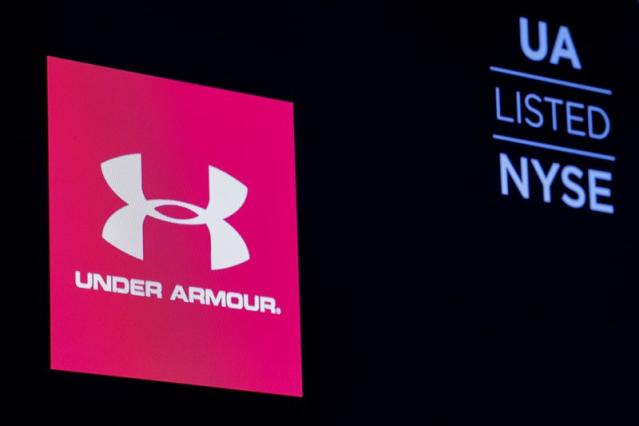Under Armour’s agreement to pay $434 million to settle a securities fraud class-action lawsuit represents a significant development stemming from allegations dating back to a pivotal period in the company’s history. The lawsuit, filed in U.S. District Court in Baltimore in 2017, accused Under Armour and key executives of misleading shareholders about the company’s financial health and growth prospects between September 15, 2015, and November 1, 2019.
During this timeframe, Under Armour, under the leadership of founder Kevin Plank and other executives, embarked on an ambitious expansion strategy to compete aggressively with industry giants like Nike, Reebok, and Adidas. The lawsuit alleged that the company overstated its sales figures and profitability, failing to disclose crucial information about challenges such as high inventory levels, heavy promotional activities, and the adverse impacts of retail closures, including the bankruptcy of The Sports Authority.
Despite the substantial settlement amount, Under Armour maintains its innocence and has not admitted any wrongdoing in the agreement. Mehri Shadman, the company’s chief legal officer and corporate secretary, reiterated Under Armour’s position that its sales practices, accounting methods, and disclosures were appropriate throughout the period in question. The settlement, subject to court approval, is seen as a strategic move to resolve the longstanding legal dispute and provide clarity for the company’s future operations.
In addition to the financial settlement, Under Armour announced governance reforms aimed at enhancing corporate transparency and accountability. As part of these reforms, the roles of board chair and CEO will be separated for at least three years following the settlement’s approval. Moreover, any restricted stock or stock units granted to top executives during this period will be tied to performance-based vesting conditions, as determined by a board committee.
To fund the settlement, Under Armour plans to utilize its existing cash reserves and may draw from a $1.1 billion revolving credit facility. As of March 31, the company reported holding $859 million in cash and equivalents, with an additional $100 million allocated in litigation reserves specifically earmarked for this lawsuit.
The settlement’s announcement had a stabilizing effect on Under Armour’s stock price, which closed unchanged at $6.99 per share on the day of the announcement. Once finalized, the settlement is expected to resolve all claims against Under Armour and its implicated executives, marking a critical step towards moving past legal challenges and refocusing on strategic priorities.
This resolution underscores the complexities faced by corporations in managing investor expectations and navigating legal scrutiny, particularly during periods of rapid growth and market volatility. By addressing these legal concerns and implementing governance reforms, Under Armour aims to strengthen investor confidence and position itself for sustainable growth in the competitive sports apparel industry.
